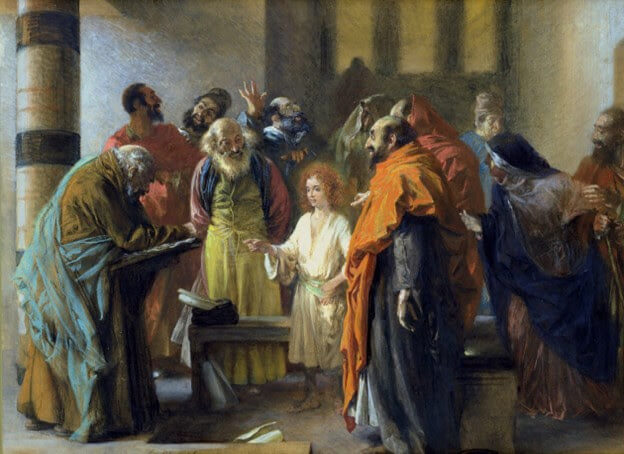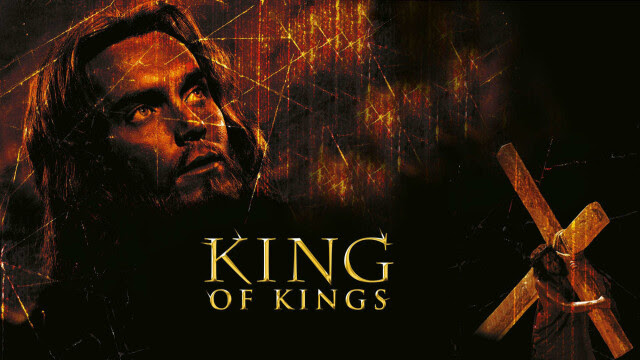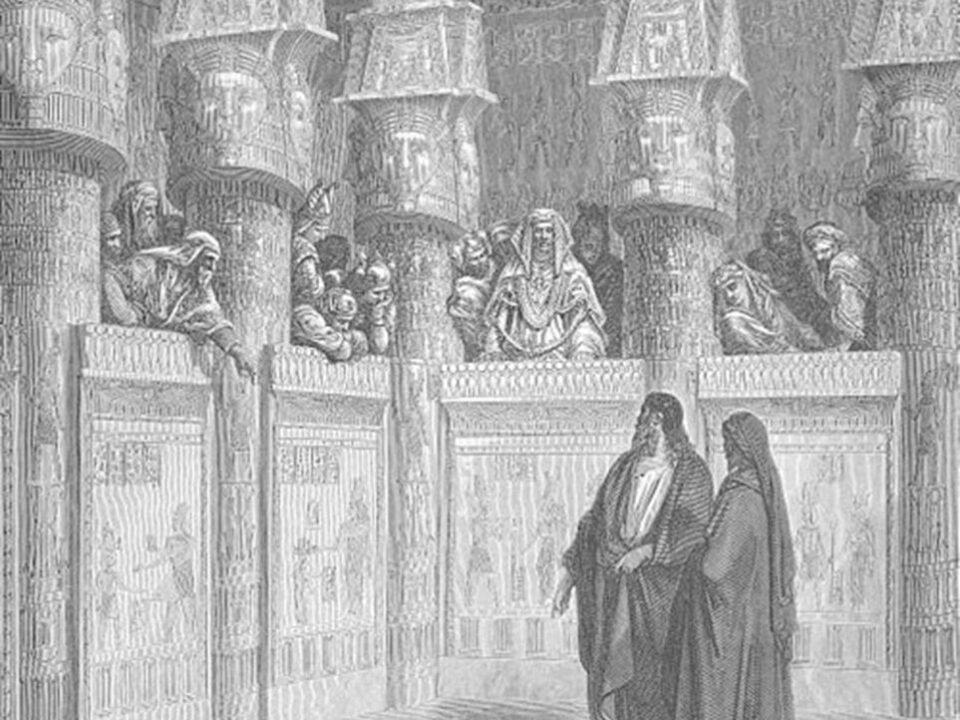“Jesus said, ‘Father, forgive them, for they don’t know what they are doing.’ And the soldiers gambled for his clothes by throwing dice.”
Luke 23:24
How contrary to the ways of the world! Who forgives one’s assailants and his executioners?

Liam Neeson in Taken (2008)
Picture a Father and Son. The Son is kidnapped one day by evil, unconscionable men with a decidedly foreign odor about them (makes them more villainous, you see). The Father who, as it turns out, has a “very particular set of skills acquired over a very long career,” takes steps to right the wrongs. He pursues the transgressors with calculated fury. No quarter is given and a trail of dead bodies gathers in his wake. The Father has one focus only—to rescue his dear Son from the hands of sinners. In the obligatory finale, the kidnapped Son, who has been punished and tortured within an inch of his life, is miraculously delivered into the arms of his loving Father and the guilty are punished—hopefully in a fiery hell for all eternity. The End.
Thankfully, in spite of some similarities, the plot line for Taken is not the same as that of the Gospel. If it were, we’d all be doomed because we “all have sinned and fallen short of God’s glory” (Romans 3:23). Put another way, we’re all bad guys in the movie. We’re all kidnappers. We’re all deserving of the Father’s righteous wrath.
Now comes a major plot twist. Though we’re guilty as sin, our lives (and souls) are miraculously spared. The one we have persecuted becomes our Savior. How on Earth did that happen?
Let’s consider some of the backstory…

Adolph Menzel (1851)
Jesus was born into a working-class family. He had brothers and sisters with whom he must have played (and quarreled at times). He was taught carpentry by his father, Joseph. He studied Torah. He helped keep an eye on his younger siblings when Mom was busy. He sweated and cried and loved and dreamed and prayed. He slept. He lived for a time with his family in Egypt and as a twelve-year old discussed the Mosaic Law on an equal footing with the learned rabbis of his day. As he grew into manhood, his self-awareness also grew, and he began making some extraordinary statements about himself including that he had lived in heaven before coming to Earth and was one with God.
Which makes me wonder…
If he had come down from heaven, why was it necessary to be born of a woman? Why not descend from Mount Olympus fully formed like one of the gods? And why live among us as a commoner and not a king? And why, as the prophet Isaiah said, was there nothing striking about his appearance, nothing out of the ordinary to attract us to him? Surely, Hollywood would have made him into a handsome fellow!

The answer to such questions, I think, is that Jesus wanted to experience life as one of us. Be “a stranger on the bus” so to speak. And why was that? Because he was sent to Earth to save sinners, that’s why! And to do that, he needed to be like us, to touch our skin and be in our skin. To have empathy for us and speak our language. To know what made us tick. Oh, he knew our shortcomings well enough. He knew from early on what a sorry lot we could be. But he also knew we were capable of greatness and self-sacrifice, that we had angels of a “better nature,” and having spent thirty-three years among us, he was able to help his Father understand that we were worth the effort. That our redemption was, indeed, worth the price of his blood.
Make no mistake, the Father also understood us humans. And twice before—that we know about in Scripture—he resolved to wipe us off the face of the earth and start all over again. On those two occasions, we had pushed him to the limit with our endless sins and cruelties and flagrant disobedience. We—humankind as a whole—had become intractable and, in God’s eyes, irredeemable. And on both occasions, miraculously, someone was found to stand in the gap. Noah at the time of the Flood, and Moses during the long trek of the Hebrews through the wilderness.
Something similar, I believe, was at work when Jesus staggered under the weight of that awful cross. I picture him on Calvary flashing back to the random things of life—the tender touch of his Mother, the loving look in her eyes; the tears and laughter of friends; the smiles of children seeing his inner beauty; and so much more. When all was said and done, it was the humanity Jesus shared with us that so moved him to say, “Father, forgive them.”
And here’s my question: During our lifetime here on Earth, can we not at least try to be more like Christ, who when they heaped abuse upon him, did not retaliate (1 Peter 2:23)? Who, though he was tempted in every way as we are, committed no sin (Hebrews 4:15)? Can we not find it in our hearts to forgive others, even our enemies? To bless and not curse?
Amidst the wars and mind-numbing slaughter taking place around the world these days, it seems impossible, I know. And it would be impossible were it not for the obedience of one man, the Son of Man, “who did not consider equality with God something to be grasped but made himself of no reputation and took upon himself the form of a servant and was made in the image of man. And being found in fashion as a man, he humbled himself, and became obedient unto death, even death on a cross” (Philippians 2:6-8). He had every justification to plead for his Father to unleash his fury upon us. Instead, he begged his Father to show us mercy. Oh me, oh my…
When will wars cease? When will enough be enough? We cannot know, of course, but while we yet possess this mortal coil, shall we not try and walk as Jesus walked?
Who do you need to forgive today? Who do I need to forgive? Let us do it, brothers and sisters, deeply and from the heart, holding nothing back (1 Peter 1:22). And just as Jesus lived among us to better understand who and what we are, let us try and live more and more in the presence of the Holy One to better understand the ways of God.
Here’s to a happy ending.




